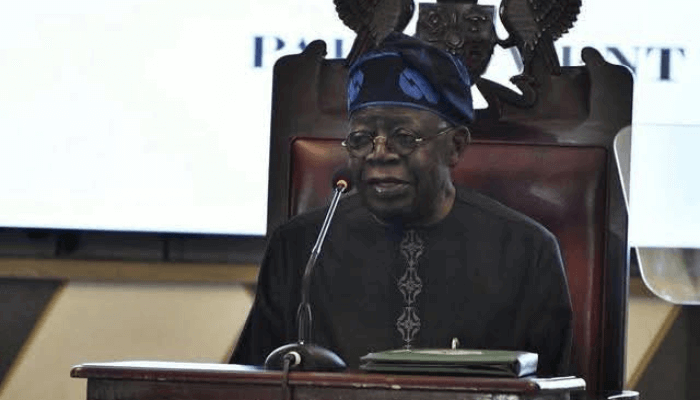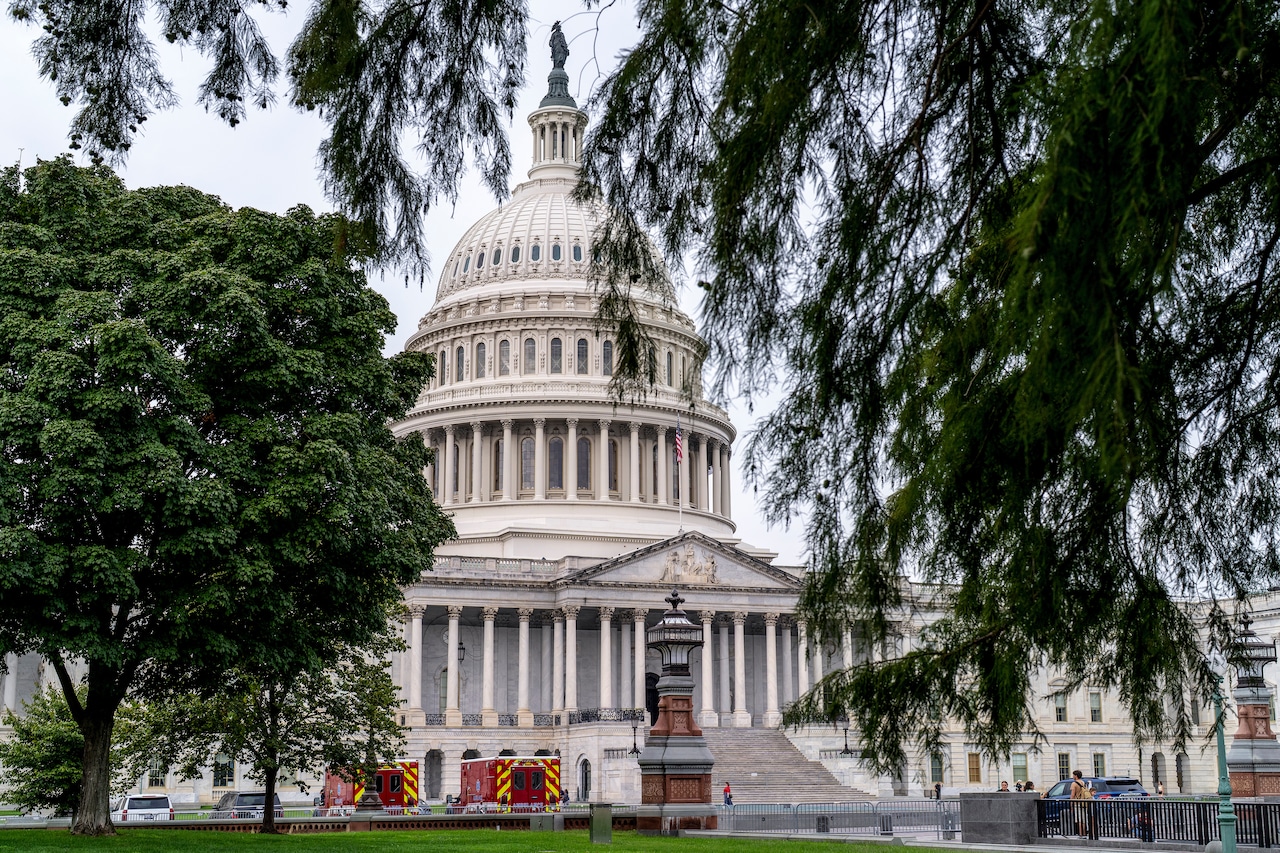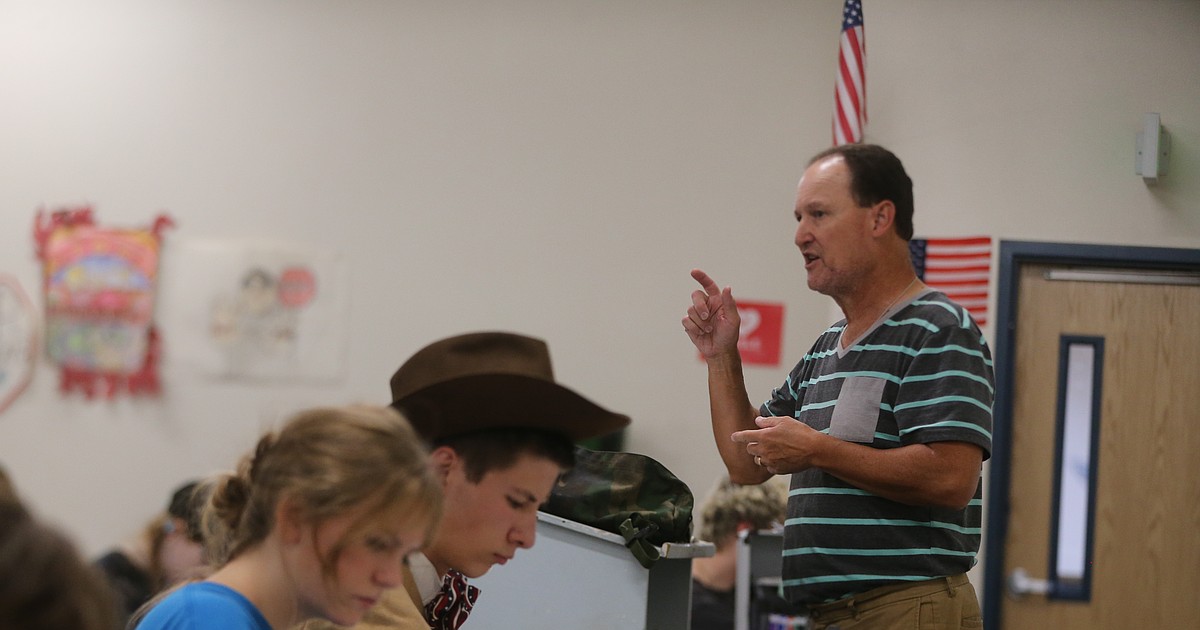Tinubu says “the worst is over” in Nigeria’s economy, insists reforms are yielding results
By Oluwatosin Ogunjuyigbe
Copyright businessday

President Bola Ahmed Tinubu has insisted that the painful economic reforms introduced under his administration are beginning to yield results, declaring in his Independence Day broadcast that “the worst is over.”
Speaking on Wednesday to mark the nation’s 65th anniversary of independence, the President said the government’s decision to scrap fuel subsidies and unify exchange rates had stabilised the economy, boosted revenue and created a pathway to sustainable growth.
“Yesterday’s pains are giving way to relief,” Tinubu told the nation in his third independence address since assuming office in May 2023. “I salute your endurance, support and understanding. I will continue to work for you and justify the confidence you reposed in me to steer the ship of our nation to a safe harbour.”
According to him, Nigeria’s economy grew by 4.23 per cent in the second quarter of 2025 – its fastest pace in four years and above International Monetary Fund projections. Inflation has also eased to 20.12 per cent, the lowest level in three years. The President further cited a record surge in non-oil revenue, improved foreign reserves and a booming stock market as signs of renewed investor confidence.
Read Also: Tinubu to address Nigerians in Independence Day broadcast
While acknowledging the hardships many Nigerians have faced as a result of rising living costs, Tinubu argued that the reforms were unavoidable. “The alternative of allowing our country to descend into economic chaos or bankruptcy was not an option,” he said.
He pledged that the gains from the reforms would increasingly be felt in households through improved public services, investment in infrastructure, and better support for vulnerable citizens.
“The accurate measure of our success will not be limited to economic statistics alone,” he noted, “but rather in the food on our families’ tables, the quality of education our children receive, the electricity in our homes, and the security in our communities.”



